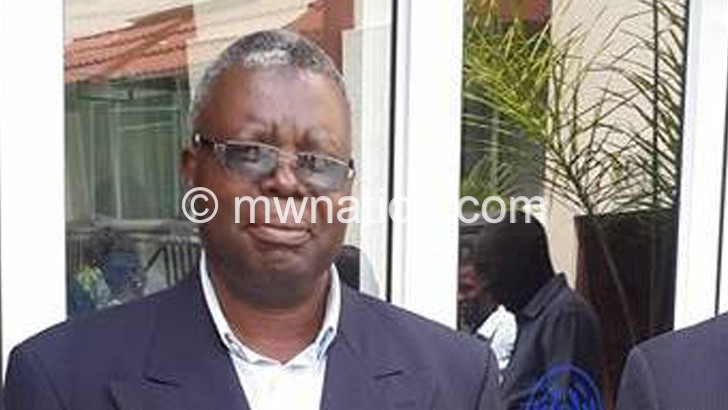DPP, MCP bar independents
Governing Democratic Progressive Party (DPP) and opposition Malawi Congress Party are binding aspirants seeking to contest in their primary elections to not contest as independent candidates if they lose.
MCP and DPP have confirmed that aspirants in their primary elections are being asked to sign a commitment that they will not contest as independents to avoid splitting votes.
DPP spokesperson Nicholas Dausi said in an interview yesterday the party arrived at the decision after putting in place mechanisms to level the playing field to ensure that no aspirant feels cheated.

Among others, he said DPP will put in place independent electoral commissioners, including from Malawi Electoral Commission, to manage the electoral process to ensure credibility of the process.
Said Dausi: “The aspirants have been given conditions to fulfill to become registered aspirants of the party. Once these are fulfilled, we don’t think they can claim that primaries were rigged or not free and fair.”
While acknowledging that aspirants had the freedom to contest on whichever party ticket they wanted, he said there was a moral element to the process because the party will have invested in them.
In a memorandum of understanding (MoU) which MCP aspirants are signing, the party is asking that the aspirants agree that in the event that they have lost, they shall not stand as independent candidates at their own volition or after being persuaded by members of the party or public.
The developments come on the back of a growing constituency of independent members of Parliament (MPs) from four in 1999 to 52 in 2014. There were 40 independents elected in 2004 and 32 in 2009.
Independents were the largest bloc of legislators after the May 20 2014 Tripartite Elections at 52 members against 50 for DPP and 48 for MCP.
But George Phiri, a political commentator based at the University of Livingstonia, described such agreements as undermining the democratic values that Malawi adopted in 1994.
He said: “Democracy was introduced so that people are not constrained to support the party they want. This is like going back to one-party rule.”
Phiri said aspirants should not be forced to stand by the parties when they have been spending their own resources prior to the primary elections.
But University of Malawi’s Chancellor College-based political scientist Mustafa Hussein said if someone belongs to a political party ,they should abide by its rules.
“The parties must fear dividing votes if someone that belongs to DPP or MCP decides to contest as an independent then a following would be drawn from them or an outsider would win,” he said.
Hussein said DPP and MCP may have made their decisions to prevent the disgruntled aspirants from being wooed by the newly formed United Transformation Movement (UTM) of Vice-President Saulos Chilima.
He said: “UTM has gained momentum and has attracted the attention of big party members. There could be others who are lurking and once disappointed in DPP and MCP, they could go to UTM.”
In the article The Presidential, Parliamentary and Local Government Elections published in 2015 by the London School of Economics and Political Science co-authored by Nandin Patel and Michael Wahman, the growing number of independent candidates was attributed to weak party systems and controversial party nominations where popular candidates who lost the primaries would contest as independents.
But Patel and Wahman acknowledged that parties such as DPP found independent candidates to be useful and managed to incorporate 19 after losing the Speaker of Parliament election in 2014.





